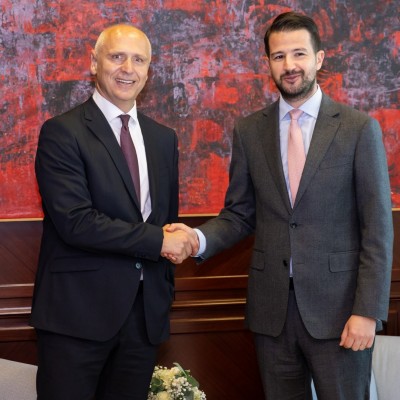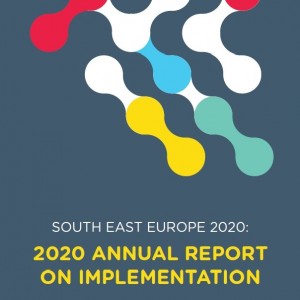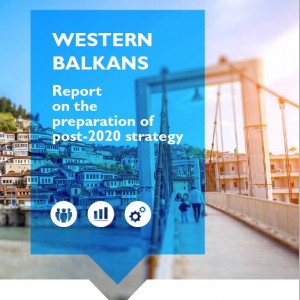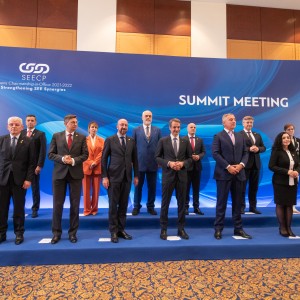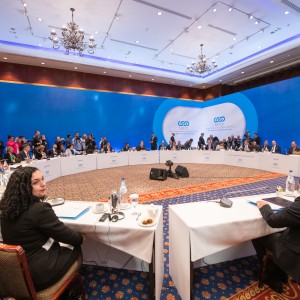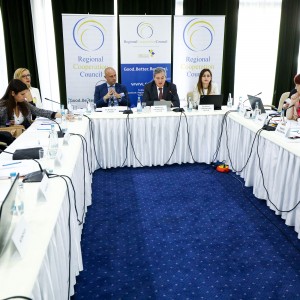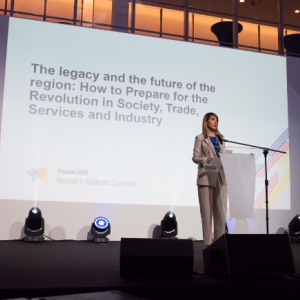
Source: SEE2020 Annual Report on Implementation 2019
Despite the negative influence of political developments on investment and growth - reduced investment inflows and increased cost of capital; hindered capacity of the governments to implement reforms; and seized up business activity within the economies, in economic terms, the region has returned to a steady growth pattern, with positive trend expected in the coming period.
A welcome development is the increase in FDI inflows throughout the whole region, with some of the economies already exceeding their individually set targets.. Should this positive trend continue, the region will further boost competitiveness that will lead to stronger integration into the global and regional markets.
Return of employment growth is the most encouraging trend observed. The SEE has seen employment expand by approximately 620,000 jobs since 2010 while reaching the number of 710,000 jobs when measured in the 15+ cohort. Although performance differed between the economies, the trend is easy to spot and is also expected to continue into the next year.
By March 2019, the region saw varied progress in SEE 2020 Strategy implementation, indicating that a strong performance has to be demonstrated by all economies. More emphasis should be placed on the rule of law, good governance, public administration reform, as well as on digitizing economies and business, innovation and R&D.
The Regional Economic Area has been recognized as a key feature for improving living standards from both economic and social perspective. The region’s efforts in developing closer links with all relevant stakeholders, therefore, remain of crucial importance for the Western Balkans’ advancement across all SEE2020 targets.

